Discover how to choose the best guitar for classical music based on style, tone, and tradition.
When it comes to playing classical music, the right guitar can make all the difference. Whether you’re a complete beginner or a passionate performer, choosing the best guitar for classical music is essential to shaping your sound, style, and comfort. With a rich tradition in Indian classical and Western music alike, the classical guitar holds a unique place in the hearts of many musicians.
But with so many options available—wood types, string materials, body shapes, and pricing—how do you know which guitar is perfect for you? This guide will walk you through everything you need to know before picking up your next instrument, with a special focus on Indian musical preferences.
1. What Is a Classical Guitar?
A classical guitar is a six-string acoustic instrument, typically with nylon strings, known for its warm, mellow tone and suitability for fingerstyle playing. It is traditionally used in Western classical compositions but also fits beautifully into Indian classical fusion settings due to its soft tonal output.
2. Classical Guitar vs Acoustic Guitar
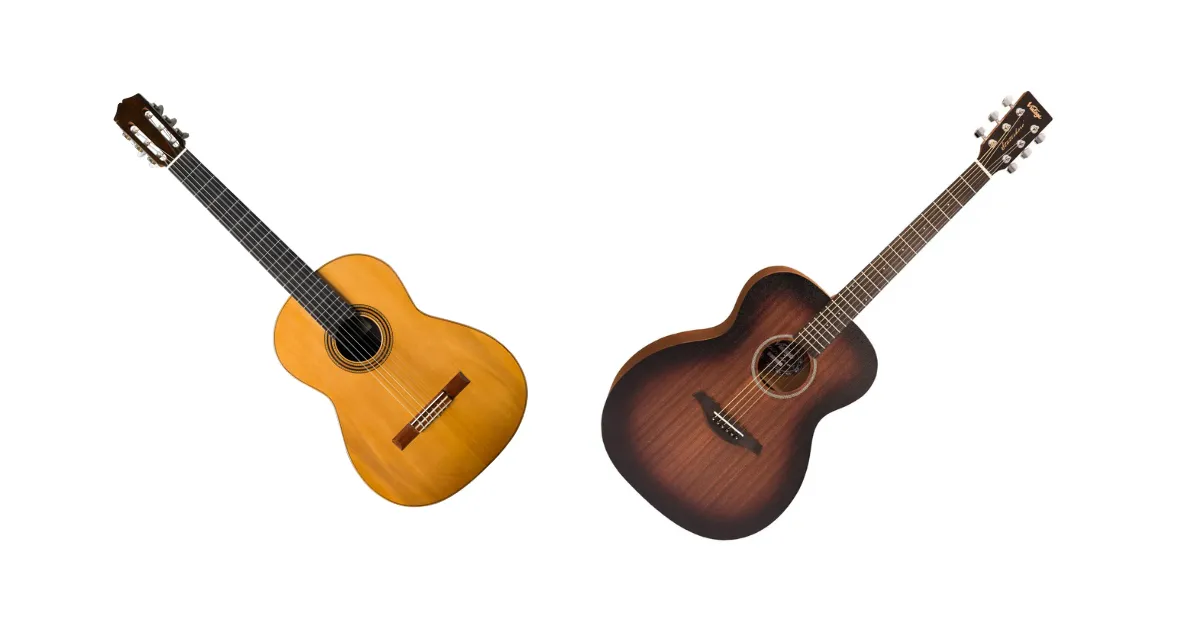
Sound: Classical guitars have a soft, rounded tone suitable for intricate melodies, while acoustic guitars with steel strings are louder and brighter.
Strings: Classical guitars use nylon strings, easier on the fingers, perfect for beginners.
Neck Width: Classical guitars have wider necks for fingerpicking techniques.
Usage: Classical is ideal for Indian ragas, compositions, and practice; acoustic is used more for folk and contemporary music.
3. Types of Classical Guitars
1. Full-Size Classical Guitars:
These are ideal for adults and older teenagers. They produce a full tone and are often used in performances.
2. 3/4 or 1/2 Size Classical Guitars:
Perfect for children or players with smaller hands. These maintain classical tone but in a more manageable size.
3. Electro-Classical Guitars:
Have built-in pickups for amplification, great for stage performances or recording Indian classical fusion tracks.
4. Indian Classical-Inspired Guitars:
Some luthiers offer nylon string guitars with Indian tonal modifications, designed to better emulate veena or sitar tonalities.
4. Important Factors While Choosing a Classical Guitar
1. Tonewood:
- Spruce: Bright and powerful.
- Cedar: Warm and rich—great for classical music.
- Rosewood/Sapele: Used for back and sides to add depth.
2. Action and Playability:
Action refers to how high the strings are from the fretboard. For Indian classical, low-to-medium action is ideal for ease of sliding techniques and speed.
3. String Type:
Nylon strings come in different tensions—normal, hard, and extra hard. For Indian styles with fast finger work, medium tension provides a balance of flexibility and sustain.
4. Brand and Build:
Reliable brands for classical guitars include:
- Yamaha C Series (like C40 or C70) – Affordable and high quality.
- Cordoba – Offers great sound and build for Indian classical styles.
- Kadence and Pluto (Indian Brands) – Beginner-friendly and available locally.
5. Best Classical Guitars for Beginners in India
1. Yamaha C40
Affordable, reliable, and offers excellent tone quality.
2. Kadence Frontier Series
Great for Indian beginners. Comfortable neck and good tuning stability.
3. Pluto HW34-201
Compact and budget-friendly, ideal for kids and early learners.
4. Cordoba C3M
Premium build, ideal for serious beginners transitioning into Indian fusion genres.
6. Classical Guitar Maintenance Tips
1. Keep it in a hard case or padded gig bag.
2. Use a humidifier if in dry climates.
3. Clean with microfiber cloth after every use.
4. Change strings every 3-4 months.
5. Avoid tuning too high, especially with nylon strings.
7. How to Use Classical Guitar in Indian Music
Though classical guitar is Western in origin, Indian musicians have adapted it brilliantly for fusion, Bollywood scores, and solo performances. Techniques like sliding, alternate picking, and meend (Indian-style note bending) are often used.
Some Indian classical artists modify string tunings or add sympathetic strings to mimic traditional instruments like sitar or sarod.
8. Additional Gear to Consider
1. Footstool or Guitar Support:
To maintain posture while seated and playing classical.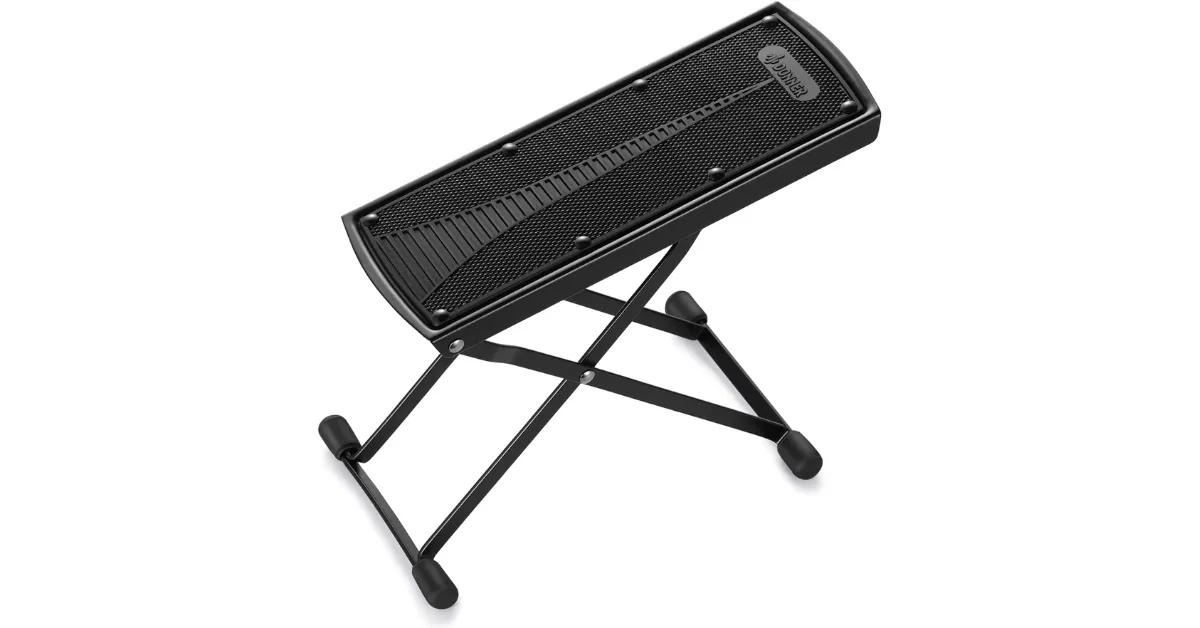
2. Tuner:
Chromatic tuners or mobile apps help maintain pitch accurately.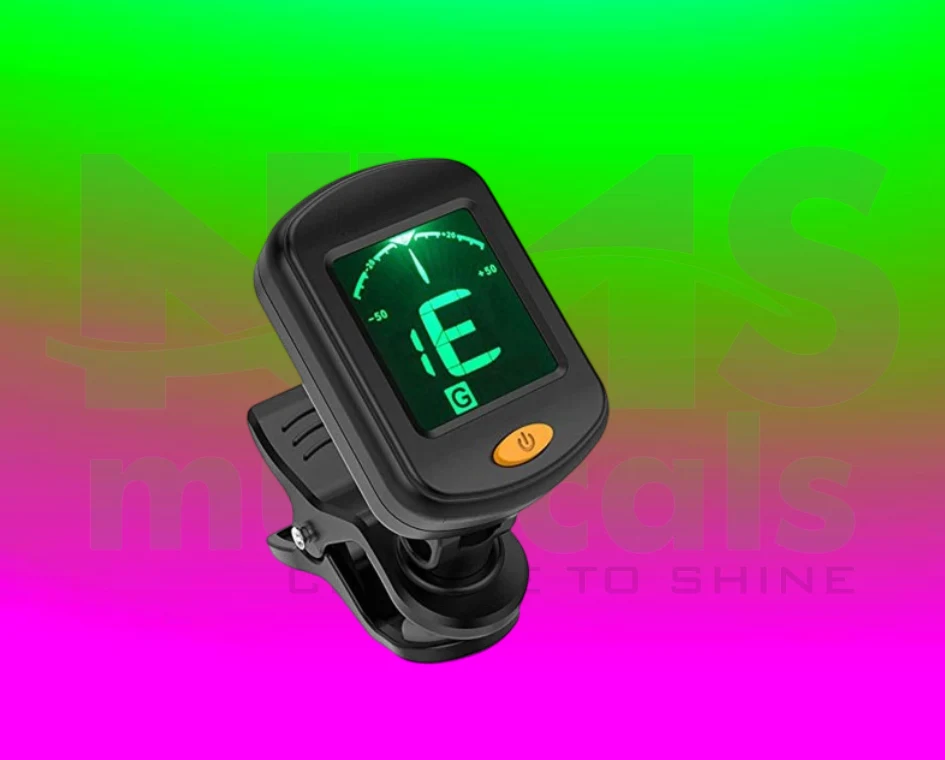
3. Capo:
While not commonly used in classical music, it’s helpful when exploring modern fusion.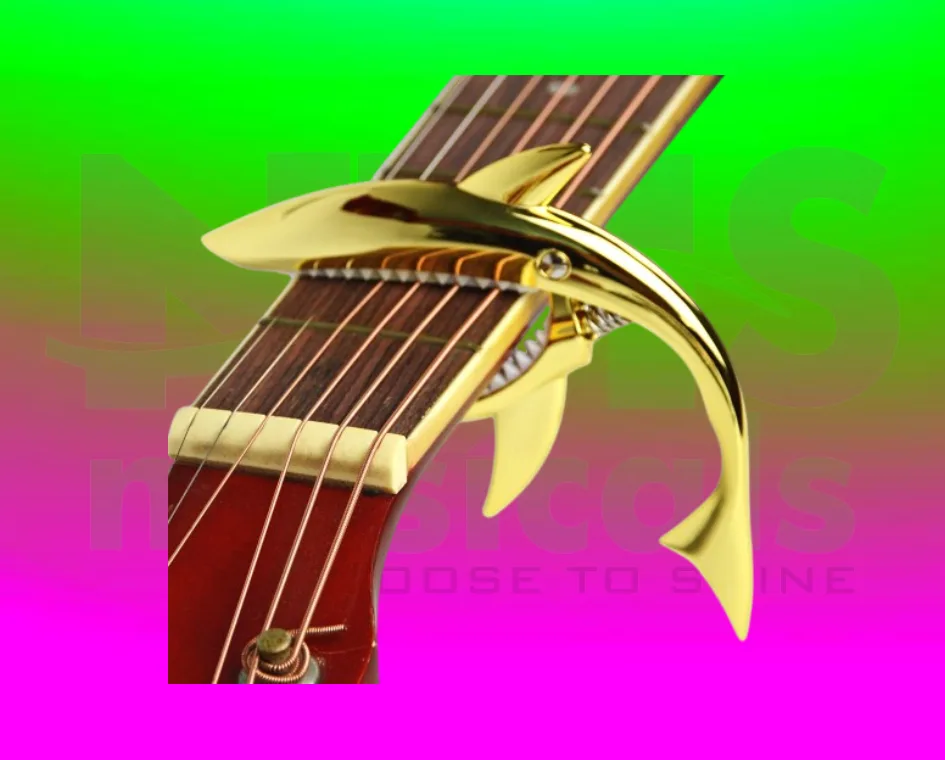
4. Spare Strings:
Always have extra nylon string sets, preferably from D’Addario, Augustine, or Savarez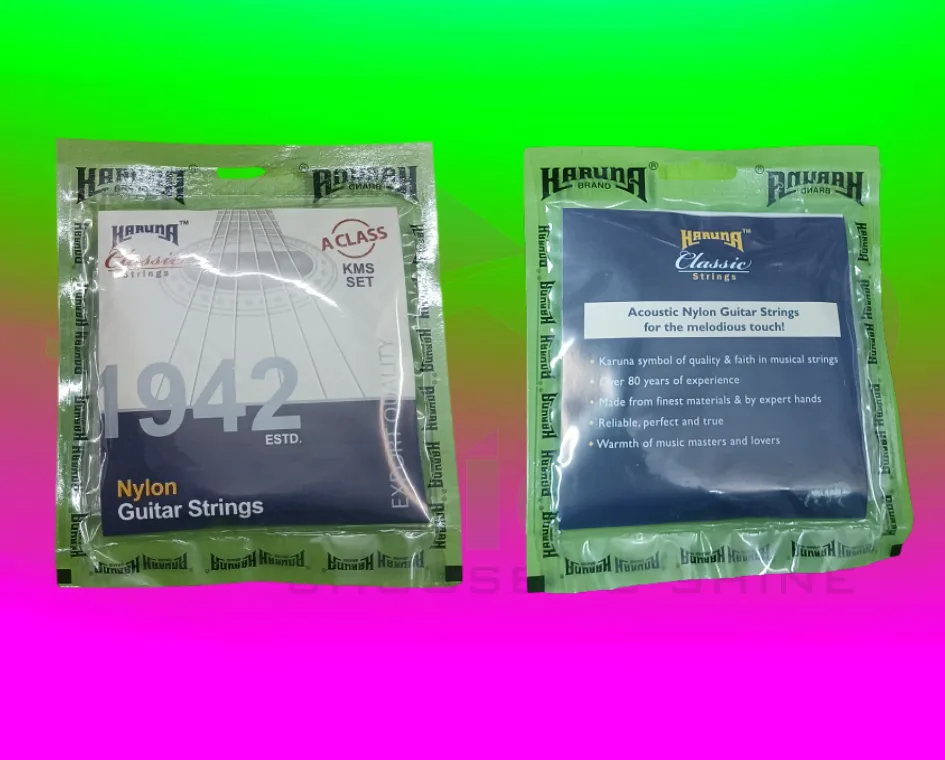
9. How to Choose Based on Playing Style
Fingerstyle Indian Classical:
Choose a guitar with wider neck and low action for speed and control.
Fusion and Modern Classical:
Look for an electro-classical model with built-in EQ and output jack.
Solo Performances:
Tonewood becomes important—go for cedar top for warmth and projection.
Beginners with no musical background:
Start with a Yamaha C40 or Kadence Frontier and upgrade as your technique develops.
10. Common Mistakes to Avoid While Buying a Classical Guitar
1. Buying Steel-String Instead of Nylon:
Many beginners confuse acoustic with classical—nylon strings are a must.
2. Ignoring Size and Fit:
Too big a guitar can hinder posture and discourage practice.
3. Overpaying for Unnecessary Features:
As a beginner, you don’t need advanced electronics or exotic tonewoods.
4. Buying Without Testing:
If possible, always play the guitar before buying to feel the sound and comfort.
11. Where to Buy Classical Guitars in India
Offline Stores:
Visit local music stores like Furtados, Bajaao, NMS Musicals (Chennai & Pondicherry), etc., to try different models.
Online Platforms:
Amazon India, Flipkart, Bajaao, and NMSMusicals.in offer wide varieties of classical guitars with reviews and ratings.
12. Tips for Beginners Learning Classical Guitar
1. Practice Regularly:
Daily 15-30 minutes builds muscle memory.
2. Start with Scales and Simple Indian Melodies:
Ragas like Bhairav or Yaman sound beautiful on classical guitar.
3. Use Metronome:
To improve timing and rhythm.
4. Join Online or Offline Music Classes:
Indian guitar teachers often blend Carnatic/Hindustani techniques with Western styles.
5. Don’t Rush to Upgrade:
Your first guitar should last at least a year before switching.
Conclusion
Choosing the best guitar for classical music is not just about specs—it’s about how it feels in your hands, how it sounds to your ears, and how it supports your journey in music. Whether you’re aiming to perform pure Western classical compositions or blend Indian ragas into your tunes, the classical guitar offers a world of expressive possibilities.
For Indian musicians, blending tradition with technique is the key. With the right guidance, research, and mindset, you’ll not only find the perfect guitar—you’ll also unlock your unique voice in music.
Let your classical guitar journey begin with the right strings, the right tone, and the right heart. 🎶
At NMS Musicals, we offer a comprehensive range of musical instruments, including percussion, string, wind, and keyboard instruments. Our services encompass sales, expert servicing, and the manufacture of leather instruments. Explore our diverse collection and find the perfect instrument to suit your musical needs.
Visit our website to browse our offerings: nmsmusicals.in
For a closer look at our products, check out our shop page: nmsmusicals.in/shop
Stay connected with us through our social media channels:
- Facebook: https://www.facebook.com/nmsmusicalinstruments/
- Instagram: https://www.instagram.com/nmsmusicals/?hl=en
- YouTube: youtube.com/@nmsmusicals
Our shop locations are:
- Puducherry: 149, Perumal Koil Street, Heritage Town, Puducherry, 605001.
Map Link: https://maps.app.goo.gl/ejDwBBFEJmd3szxk7 - Chennai: No: 1, 1st Floor, Kandigai Street, TVS Nagar, Korattur, Chennai – 600076.
Map Link: https://maps.app.goo.gl/7oXmB6X7KQsqeuuw9
For inquiries, contact/Whatsapp us at 9500663895 or email us at laxman.m89@gmail.com.
Discover the world of musical instruments with NMS Musicals today!
For a visual overview of our percussion instruments, watch the following video:


 Cart is empty
Cart is empty 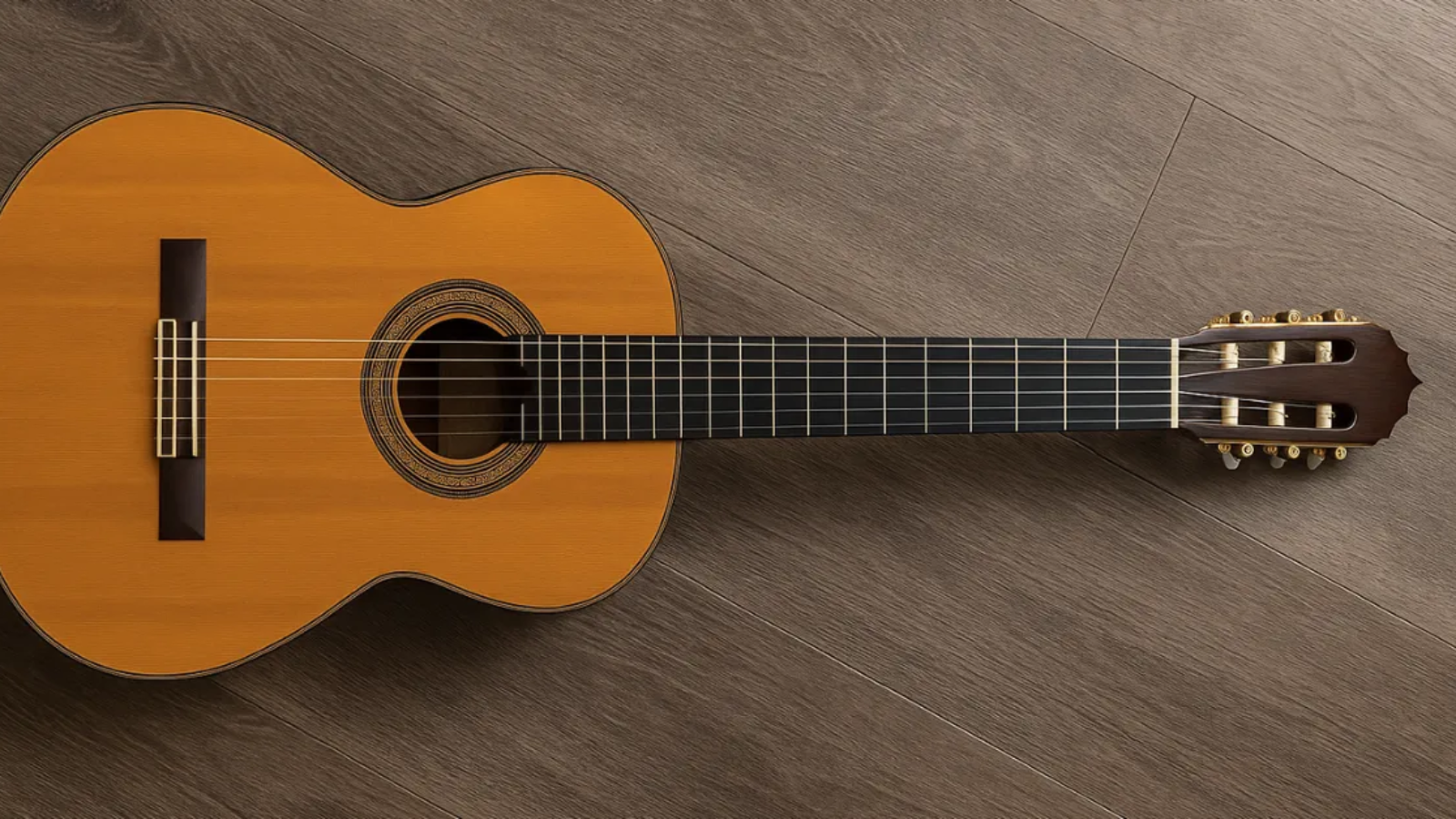
Leave A Comment
You must be logged in to post a comment